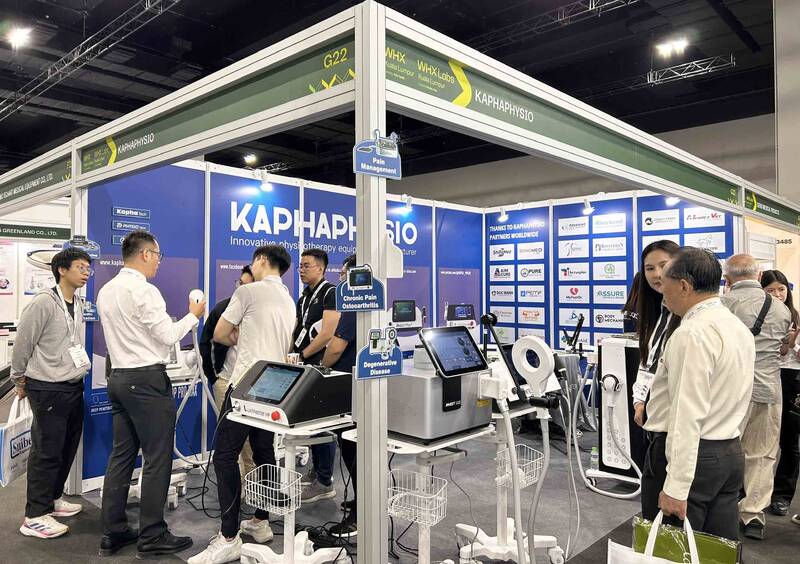Malaysian Health Minister Dzulkefly Ahmad commented that the application of AI and digital technology not only helps the health system operate more effectively, but is also the key to solving the problem of human resources, costs and inequality in access to fair healthcare, especially in developing countries in the ASEAN region.
Experts agree that AI is driving a strong transformation in the Population Health Management (PHM) model - data-based public health management. According to an in-depth report by Black Book 2025, the Asia-Pacific region is forecast to account for 1/3 of the globalPHM market share, with a market size of 90 billion USD by 2031.

Integrating AI into PHM platforms helps identify disease trends, assess risks and propose accurate and timely preventive medical measures. This is a key factor for countries facing population aging, increasing chronic diseases and a large gap in healthcare access as in ASEAN.
Although AI opens up many prospects, the event also points to significant barriers in faith and ethics. To overcome this, experts at the conference emphasized the FUTURE-AI principles including: fairness, universalness, transparency, ease of use, stability and explainability.
Assessing the impact of the conference, Mr. YB Dato' Seri Reezal Merican Naina Merican - President of the Malaysia Trade Promotion Agency (MATRade), emphasized: "The event is not only a platform to connect and promote innovation in healthcare, but also a lever for national economic growth. The event attracted leading exhibitors, excellent health experts and international delegates to share, contributing to creating a sustainable health care ecosystem.








